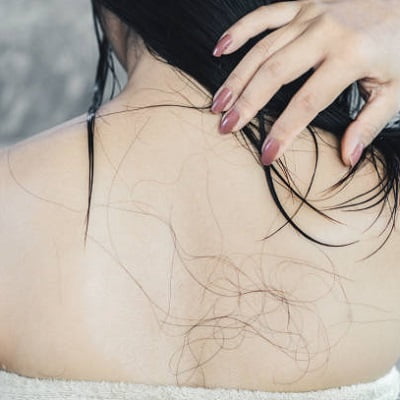
A daily shower can be a relaxing and refreshing experience, but it can also be a source of concern and anxiety for some people. You’re not alone if you’ve noticed an alarming amount of hair falling out during your shower. Many individuals experience this, which can be distressing, but don’t worry; hair loss treatments in Islamabad are here to help you.
In this blog, we’ll delve into the common causes of hair loss during showers and explore the best cosmetic treatments available to address this issue.
Causes of Hair Loss During Shower:
Normal Hair Shedding:
First and foremost, it’s essential to understand that losing some hair during a shower is entirely normal. The human scalp naturally sheds anywhere from 50 to 100 inches each day. This is part of the hair growth cycle, which includes the anagen (growth), catagen (transitional), and telogen (resting) phases. Hair in the telogen phase is likelier to fall out with minimal stress, such as gentle combing or shampooing. So, a certain amount of hair shedding in the shower should not cause alarm.
Excessive Hair Loss:
However, when you notice an unusually high hair in your shower drain, it may be due to underlying factors. Several conditions and lifestyle choices can contribute to excessive hair loss during showers:
- Stress: Chronic stress can lead to telogen effluvium, where many hair follicles enter the telogen phase simultaneously, leading to increased shedding.
- Poor Nutrition: Inadequate intake of essential nutrients like iron, vitamins, and proteins can impact hair health and lead to hair loss.
- Hormonal Imbalances: Fluctuations in hormones, such as during pregnancy, menopause, or thyroid disorders, can trigger hair loss.
- Hairstyling Practices: Excessive use of heat styling tools, tight hairstyles like ponytails, or chemical treatments can damage hair and increase breakage and shedding.
- Medical Conditions: Alopecia areata, lupus, and certain medications can cause hair loss.
- Genetics: A family history of pattern baldness can influence hair loss.
Cosmetic Treatments for Hair Loss:
Platelet-Rich Plasma (PRP) Therapy:
PRP therapy involves:
- Drawing a small amount of your blood.
- Processing it to concentrate platelets.
- Injecting it into the scalp.
Platelets contain growth factors that may promote hair regrowth.
Hair Transplantation:
Hair transplantation is an effective surgical option for more advanced hair loss cases. It involves the removal of hair follicles from one part of the body (typically the back of the scalp) and their transplantation to areas with hair loss. This procedure provides long-lasting results and a natural appearance.
Scalp Micropigmentation:
Scalp micropigmentation is a non-surgical cosmetic procedure that involves the application of tiny, pigmented dots on the scalp to mimic the appearance of hair follicles. It can create the illusion of denser hair and is an excellent option for individuals with thinning hair.
Lifestyle Modifications:
Improving your overall health can have a significant impact on hair loss. Ensuring a balanced diet, managing stress, regular exercise, and avoiding damaging hairstyling practices can all contribute to healthier hair.
Do You Want To Know More?
Experiencing hair loss during your shower can be distressing, but it’s important to remember that some hair shedding is normal. However, if you notice excessive hair loss, it’s essential to identify the underlying causes and explore appropriate treatments. Cosmetic treatments, such as minoxidil, laser therapy, PRP, hair transplantation, scalp micropigmentation, and lifestyle modifications, can help address hair loss and promote regrowth.
Before considering any cosmetic treatment, it’s crucial to consult with a healthcare professional at Royal Cosmetic Surgery Islamabad, who can provide personalized guidance and recommend the most suitable approach for your specific condition. Hair loss can have various underlying causes, and addressing the root of the problem is essential for achieving long-term success in hair restoration.
While cosmetic treatments can be effective, results may vary from person to person. Patience and consistency in following the recommended treatment plan are key to achieving the best possible outcomes to combat hair loss and regain confidence in your appearance.





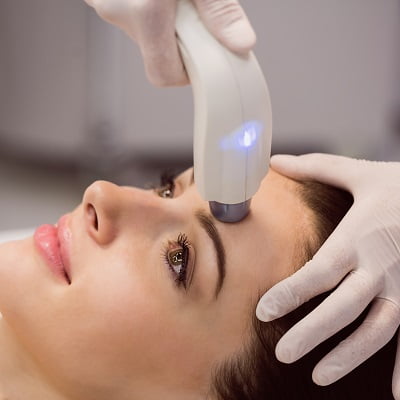

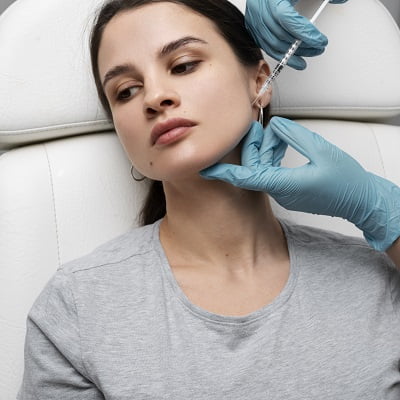
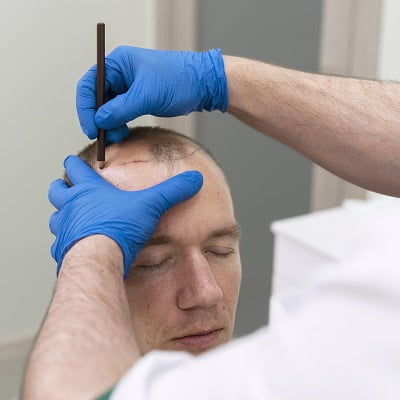
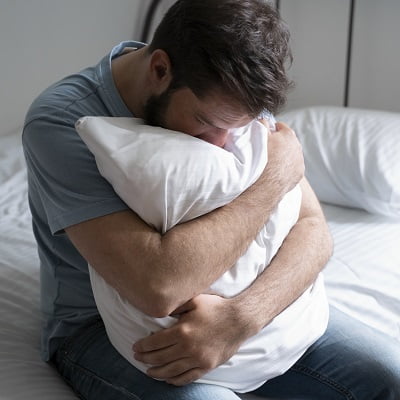

Book Appointment